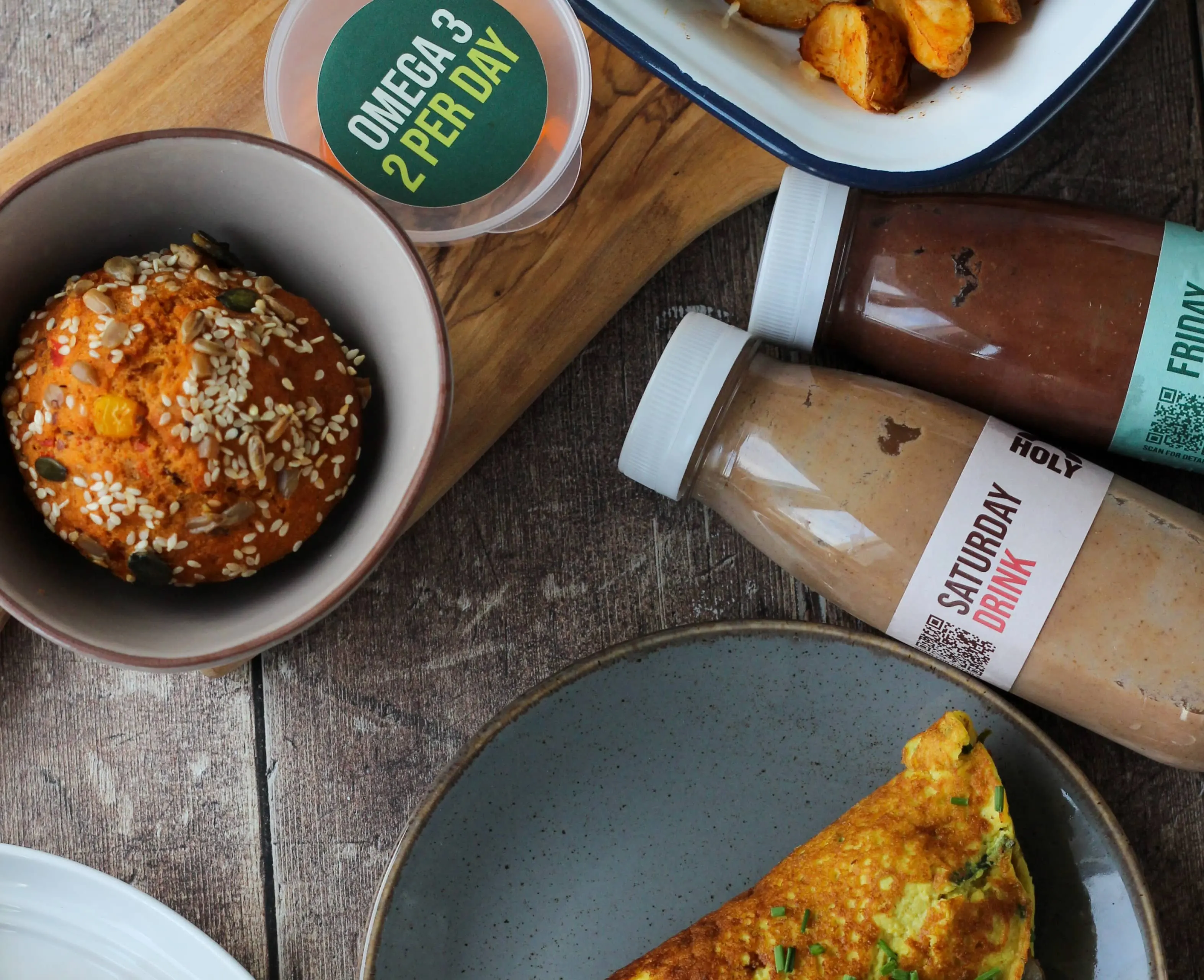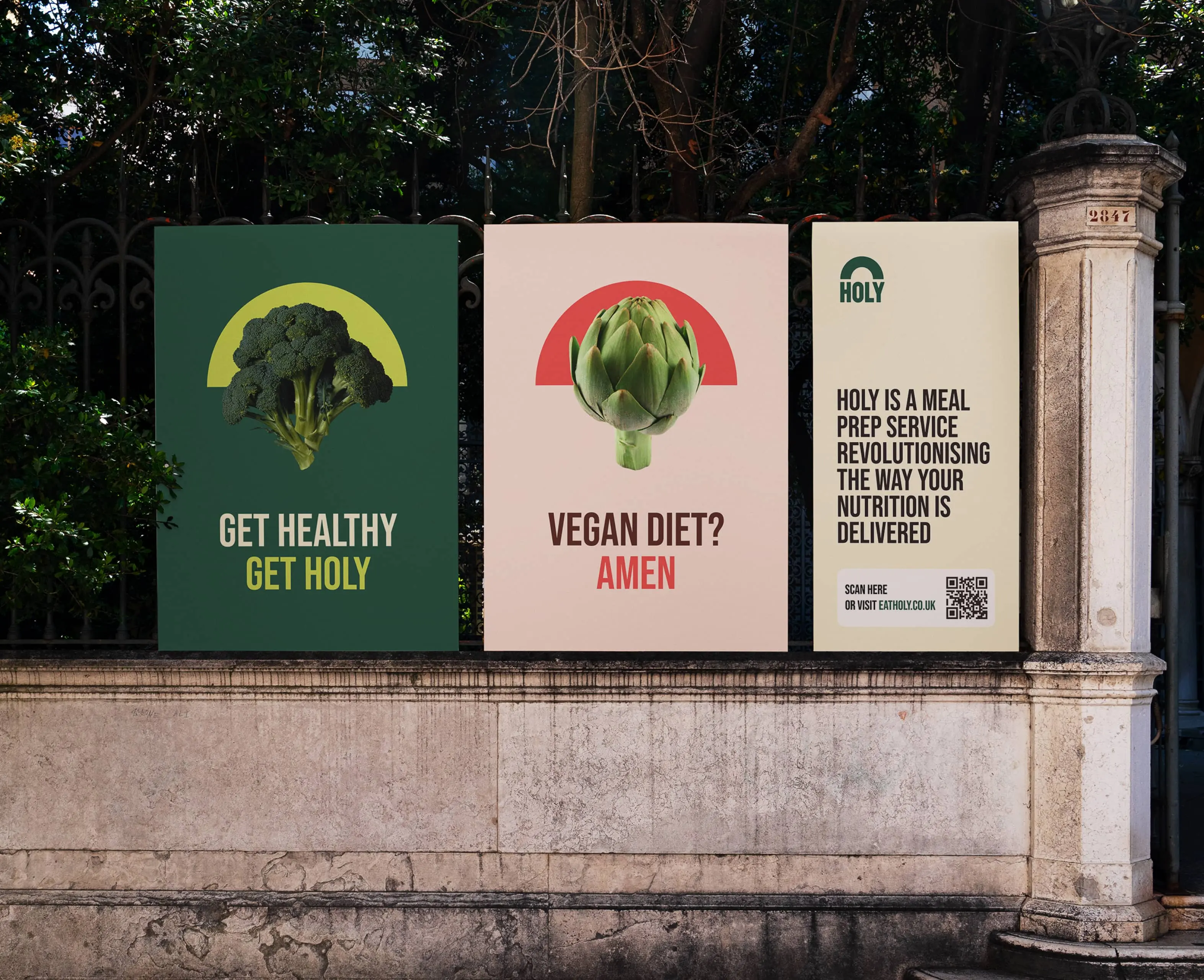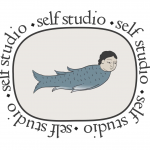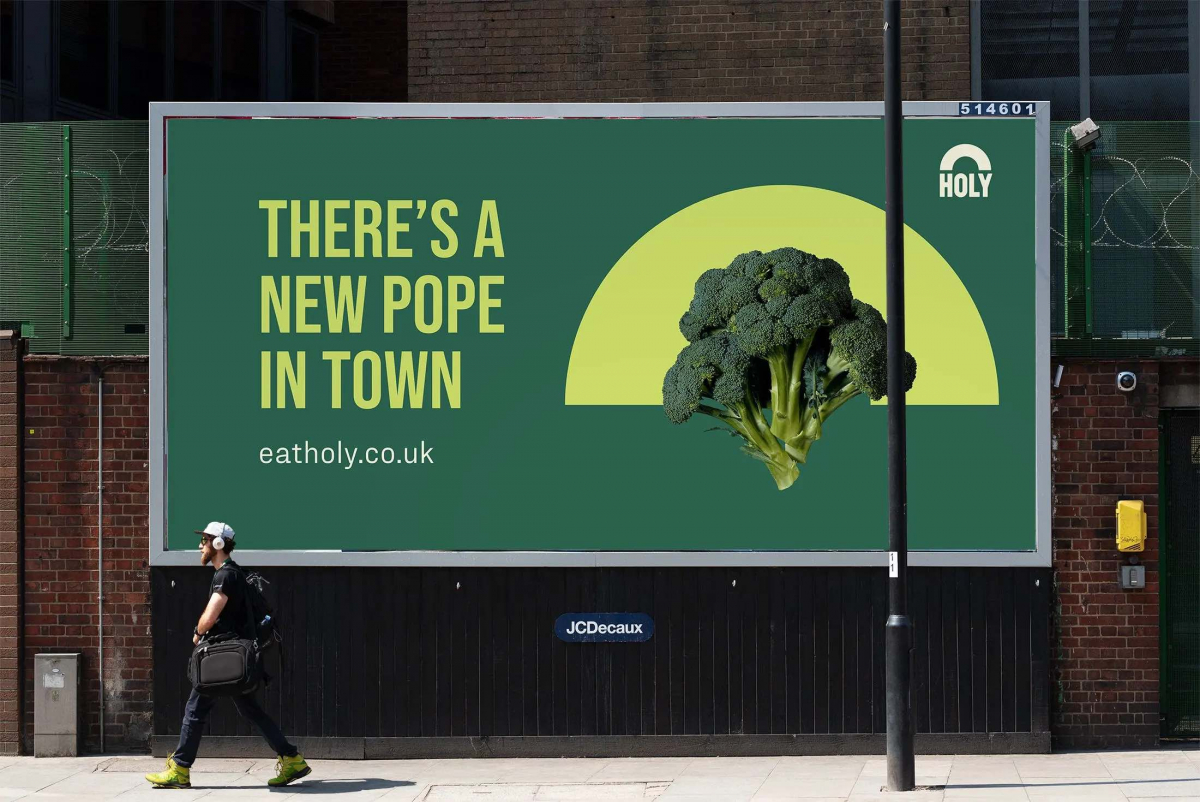Branding involves drawing subtle emotional responses from your target users or customers, often centered around broader values or missions. When it comes to plant based food branding, often the identities we’ve researched blend health-conscious living with environmental stewardship. This forms the cornerstone of brand narratives.
In the vegan food domain, a strong brand thus involves a balancing act: communicating the benefits of a plant-based diet not only in terms of personal health but also in terms of ethical and ecological implications. Brands must engage with consumers who are increasingly aware of their dietary choices' impact on the environment, animal welfare, and their health.
A significant challenge in vegan food branding is dispelling the long-held perceptions of taste compromise. Agencies must strategically position these products as not only healthy and ethical but also as culinary delights that offer a rich and satisfying taste experience. This involves innovative packaging, evocative product descriptions, and visual storytelling that highlights the freshness, flavor, and quality of the food.

Branding by Self for Holy
London-based snack brand PROPERCORN are another great example in this regard; their ‘Done Properly’ mantra communicates to their consumers that, where the proper care is taken with every element of a snack, it can deliver delicious taste, good health, beautiful design, and environmental consciousness all at once, without costing the earth.
Holy: our case study in strong no-compromise messaging
Below we will look into the Self Studio case study of Holy (from the image above).
Holy's unique value proposition was to deliver nutritionally balanced, plant-based meals that do not sacrifice taste for health. Self Studio's approach involved an extensive research phase, uncovering key insights into consumer attitudes towards vegan diets. They recognized the need to counter the myths surrounding vegan food and developed a brand identity that harmonized nutritional science with a playful, approachable tone. This strategy effectively reached both existing and potential vegan audiences, breaking the mold of the typically serious narrative associated with vegan diets.
Holy's branding, from its name to its visual identity, was a testament to this strategic approach. The creative tension between the sacred, the scientific, and the playful was evident in every aspect of the brand, from its logo to its website and packaging. This multifaceted brand identity helped Holy to stand out in a competitive market and appeal to a broad audience base, including those who may have been skeptical of vegan diets.

In conclusion, plant-based and vegan food branding is an exercise in storytelling that challenges perceptions and invites consumers into a world of ethical consumption and delightful tastes. The success of brands like Holy demonstrates the power of a well-crafted brand identity in shaping consumer perceptions and driving market success.
Want to look at branding for your vegan food brand? We'd love to take a look - get in contact with Self Studio.


